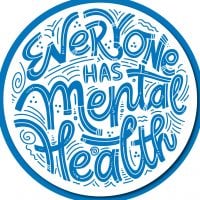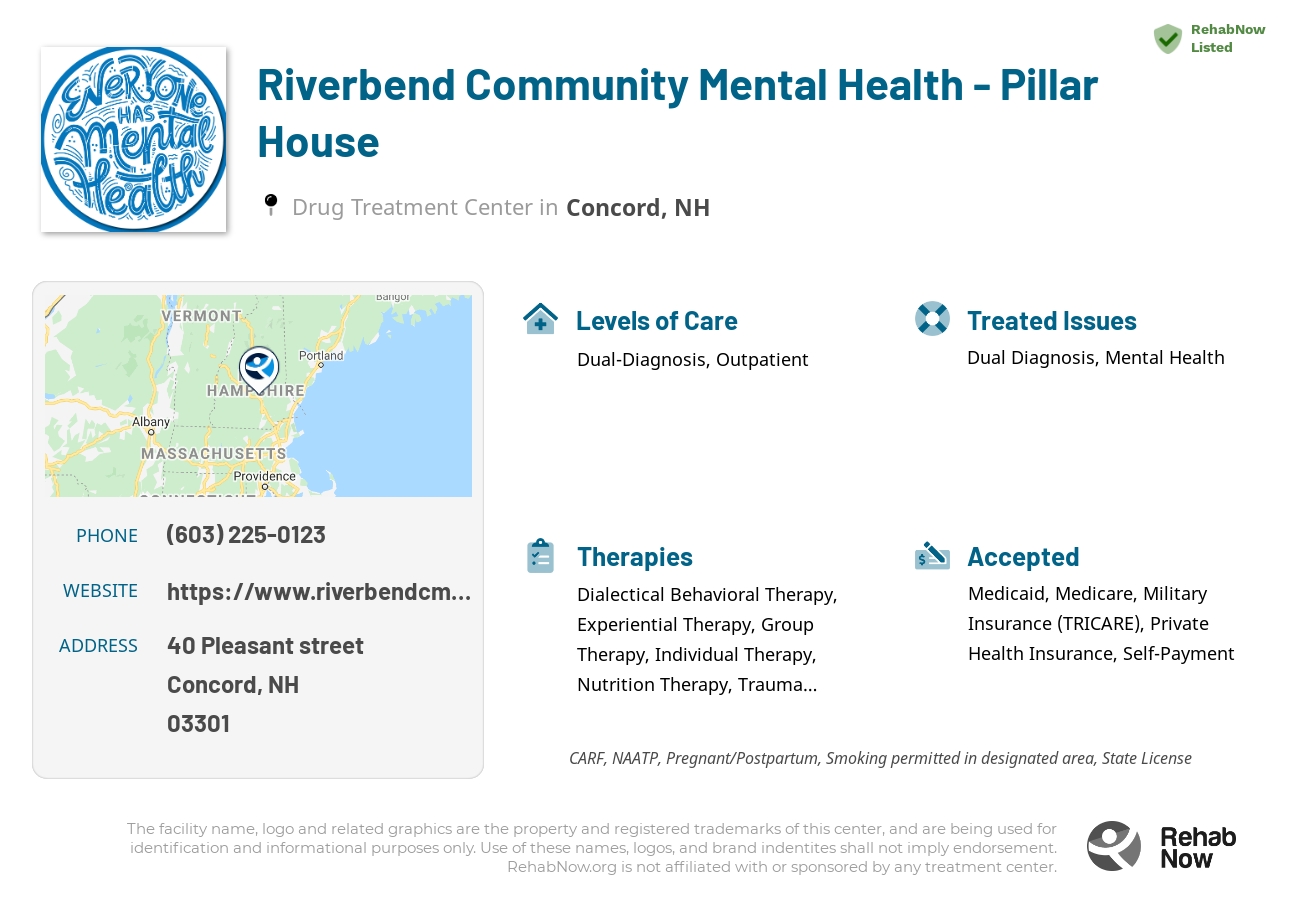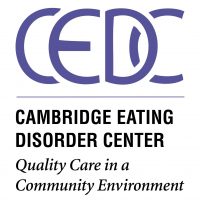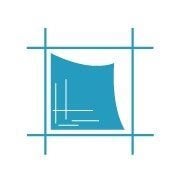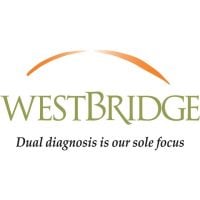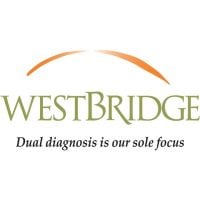Riverbend Community Mental Health - Pillar House
Drug Rehab Center in Concord, New Hampshire
Riverbend Community Mental Health - Pillar House in Concord, New Hampshire offers comprehensive addiction treatment and recovery solutions for adults and adolescents, including detoxification, residential treatment, and aftercare, with specialized programs for veterans and their families, and has achieved several awards and accreditations for their exceptional services.
Multiple patients have reported Riverbend Community Mental Health - Pillar House as permanently closed.
Research other rehabs in Concord, New Hampshire, or get help finding an open facility.
About Riverbend Community Mental Health - Pillar House in New Hampshire
Riverbend Community Mental Health - Pillar House is an addiction treatment facility located in Concord, NH. Founded in 1963 as part of Riverbend Community Mental Health, this facility is dedicated to aiding individuals who are suffering from a dual-diagnosis of mental health issues and addiction. They offer outpatient levels of care for their clients and accept private health insurance. With decades of experience in the field, Riverbend Community Mental Health - Pillar House is committed to providing quality treatment and support for individuals seeking recovery.
Riverbend Community Mental Health - Pillar House offers a range of services to address addiction and substance abuse concerns. Their programs are specifically tailored to individuals who are experiencing both mental health disorders and addiction simultaneously. Despite holding outpatient levels of care, the facility ensures comprehensive treatment through various therapeutic approaches. Through personalized plans, clients receive therapy sessions, counseling, group sessions, and psychiatric consultations with highly trained professionals. The facility promotes an environment that fosters healing by employing evidence-based treatment methods while prioritizing the individual needs of each client on their path towards recovery.
Genders
Ages
Modality
Additional
Conditions and Issues Treated
Dual Diagnosis is a specific relationship between two or more disorders that have the same symptoms and can sometimes be treated together. This is used in the treatment planning process when dealing with drug addicts. Dual diagnosis can be viewed as a chronic medical condition that has comorbid psychiatric disorders.
Although addiction and a mental illness may have separate symptoms that are not easy to detect, they often go hand in hand. Many times, drug abuse is a direct result of the mental illness. In other words, treating the addiction will not resolve all of your issues. Unless you also treat the underlying mental illness, you will not be successful in achieving sobriety.
Levels of Care Offered
This center offers a variety of custom treatment tailored to individual recovery. Currently available are Dual-Diagnosis, Outpatient, with additional therapies available as listed below.
An outpatient treatment program is set up to help with alcohol or drug addiction, or a co-occurring disorder. The patient must attend the New Hampshire facility for their therapy and other programs but are able to return home each night. The frequency of mandatory attendance decreases after much of Riverbend Community Mental Health - Pillar House‘s program is complete.
Therapies & Programs
Individual Therapy is a critical component of addiction recovery. Therapists work with patients to identify the root of their addiction and figure out how to better handle the issues that led to them using drugs. Individual Therapy is the one-on-one session where people meet with their therapist. Individual therapy provides a safe space for people to open up and discuss personal and sensitive topics which they may not feel comfortable discussing in a group setting.
Group Therapy is utilized by drug treatment centers like Riverbend Community Mental Health - Pillar House to provide the recovering drug addict with a platform to talk about their feelings and experiences. It also provides for an opportunity to learn from other addicts who have successfully overcome their addiction.
Group Therapy is employed in lectures, seminars, or discussion groups (the latter two are typically conducted as “therapy groups”). It is recommended that all group members be recovering addicts for this type of therapy to work (though it does not exclude others with lived experience).
Trauma therapy is a clinical process that helps individuals deal with mental stress often caused by traumatic events. It is generally done for children, teenage victims of sexual assault, and war veterans. The therapist helps the person identify, understand and work through the problem. This is done with the help of talking about it in group or one-on-one counseling sessions. Therapists use relaxation, role-playing, art, and music to help the person open up about what is bothering them.
Dialectical Behavior Therapy (DBT) is used by drug treatment centers across the United States to help drug addicts become sober. DBT combines traditional behavioral treatments with elements from DBT, including dialectics, distress tolerance, and interlocking issues. It is commonly used to treat Borderline Personality Disorder (BPD) along with substance abuse disorders. The four DBT modules are mindfulness, interpersonal effectiveness, emotion regulation, and distress tolerance.
Cognitive behavioral therapy is also a popular service for individuals living with addiction. This type of supportive treatment uses both one-on-one counseling and group sessions to teach addicts how to identify thoughts, behaviors and emotions that might increase their risk of relapse.
These professionals can help addicts develop coping skills for managing stress, improving self-esteem and overcoming triggers. They might also use behavioral therapy to help addicts learn how to avoid cravings and warning signs that could lead them back into addiction.
Therapy can be used as a step-down from inpatient treatment or as the primary method of overcoming an addiction. No matter which option is best for the addict, they will teach important emotional coping techniques, which can make it easier for addicts to get through the tough days.
Nutrition therapy has been used to help drug addicts for decades. Many early reports on addiction treatment indicate that some patients recovered from the “satisfying power of food”. For years, this phenomenon has been utilized as a treatment modality in eating disorders for adults, adolescents, and children. Specific nutrients have been identified that influence neurotransmitters associated with reward pathways of the brain.
Studies have shown that carbohydrate loading with complex carbohydrates to elevate serotonin levels was effective in treating bulimia nervosa. This approach prompted researchers to explore the use of this type of nutritional intervention in other disorders.
Nicotine replacement therapy treats nicotine addiction using external sources of nicotine, such as patches or gum to substitute for nicotine. This allows people trying to quit smoking to get their desired dose of nicotine without actually having to smoke cigarettes. The idea behind NRT is that by providing smokers with nicotine in forms that are not cigarettes, they may be more likely to quit smoking.
NRT has been available for many years now, and there is a wealth of evidence that shows that it helps people trying to quit smoking. There are several different types of NRT devices on the market now. Patients interested in quitting smoking should talk to their doctors about the best kind of NRT for them.
Patient Experience
Experiential Therapy at Riverbend Community Mental Health - Pillar House
Experiential therapy is another form of treatment that helps addicts overcome their addiction. This type of service typically involves hands-on activities with the focus on physical experiences instead of emotions or beliefs.
Some examples include art therapy, equine therapy and music therapy. Each of these forms of experiential therapy can provide unique ways for addicts to channel their feelings and work through their demons. This type of therapy also allows addicts to develop meaningful emotional connections with others, which can prevent them from resorting to relapse as a coping mechanism.
Payment Options Accepted
For specific insurance or payment methods please contact us.
Is your insurance accepted?
Ask an expert, call (888) 674-0062
Riverbend Community Mental Health Associated Centers
Discover treatment facilities under the same provider.
- Riverbend Community Mental Health - Twitchell House in Concord, NH
- Riverbend Community Mental Health - Counseling Associates in Concord, NH
- Riverbend Community Mental Health - Mill House in Concord, NH
Learn More About Riverbend Community Mental Health Centers
Additional Details
Specifics, location, and helpful extra information.
Concord, New Hampshire 3301 Phone Number(603) 225-0123 Meta DetailsUpdated November 25, 2023
Staff Verified
Riverbend Community Mental Health - Pillar House Patient Reviews
There are no reviews yet. Be the first one to write one.
Concord, New Hampshire Addiction Information
Opioids such as fentanyl, heroin, and prescription opioids form the largest drug threat in New Hampshire. More than 80% of all New Hampshire treatment centers admissions were related to one or more of these three drugs. Opioids such as fentanyl, heroin, and prescription opioids form the largest drug threat in New Hampshire. Since 2002, rates of alcohol dependency have also been among the highest in the country. In 2015, almost 15% of the residents were admitted to treatment centers for alcohol abuse.
Drug overdoses are the leading cause of death in Concord. In 2017, there were 43 drug overdose deaths in Concord. That's more than one person every week. Most of these overdoses were caused by opioids, such as prescription painkillers, heroin, and fentanyl. Drug treatment in Concord is a process that helps an individual overcome their addiction to drugs. An inpatient or outpatient program can involve counseling, medication, and support groups.
Treatment in Nearby Cities
- Jefferson, NH (84.1 mi.)
- Peterborough, NH (31.1 mi.)
- Hillsborough, NH (19.1 mi.)
- Merrimack, NH (23.3 mi.)
- Warren, NH (52.8 mi.)
Centers near Riverbend Community Mental Health - Pillar House
The facility name, logo and brand are the property and registered trademarks of Riverbend Community Mental Health - Pillar House, and are being used for identification and informational purposes only. Use of these names, logos and brands shall not imply endorsement. RehabNow.org is not affiliated with or sponsored by Riverbend Community Mental Health - Pillar House.
